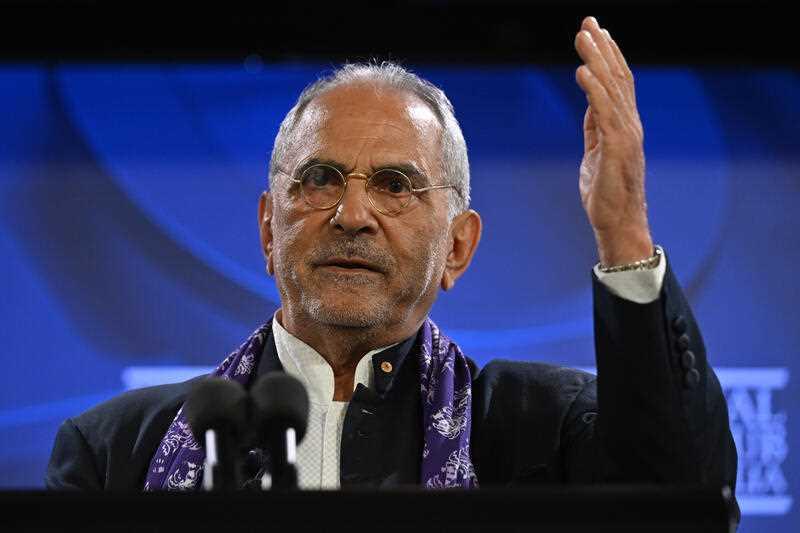President José Ramos-Horta of Timor-Leste, also known as East Timor, credited the international community, especially Australia and Indonesia, for supporting his country’s journey.
Speaking at the National Press Club on Oct. 9, Ramos-Horta expressed gratitude with humour, highlighting the importance of managing relationships with neighbours.





